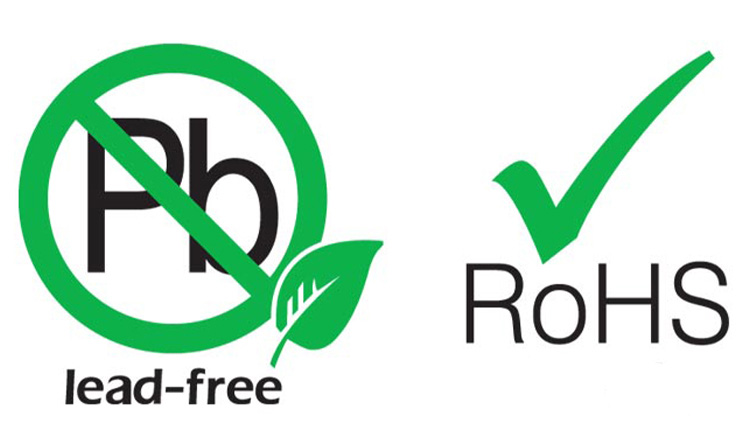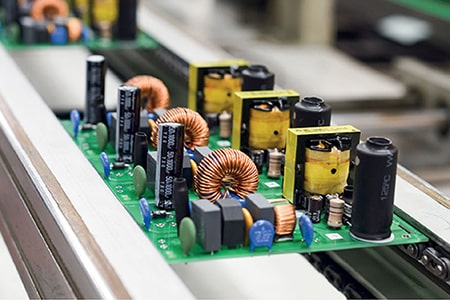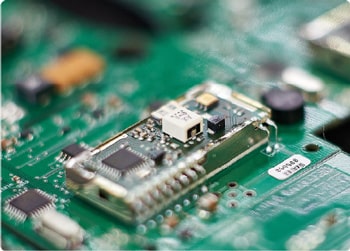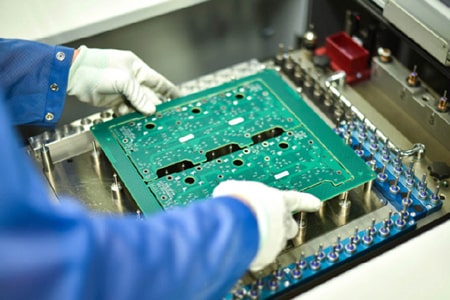RoHS Lead-Free Processing in PCBA SMT Processing
Advantages of RoHS Lead-Free Processing in PCBA Processing
RoHS (Restriction of Hazardous Substances) is a European Union environmental regulation for electrical and electronic equipment. The RoHS Directive requires that certain hazardous substances in electronic products, such as lead, mercury, cadmium, hexavalent chromium, polybrominated biphenyls, and polybrominated diphenyl ethers, be below specified thresholds. Lead is the most important of these substances. Therefore, RoHS lead-free processing refers to the use of lead-free processes in PCBA processing to comply with the requirements of the RoHS Directive.
RoHS Lead-Free Processing in PCBA SMT Processing:
1. Lead-Free Soldering: Traditional soldering processes typically use lead-tin alloys to connect electronic components to PCBs. RoHS lead-free processes use lead-free soldering materials, such as tin-copper alloys, to replace lead-tin alloys. This reduces lead usage and ensures that solder connections meet RoHS requirements.
2. Material Selection: RoHS lead-free processes require the use of lead-free electronic components and materials, including resistors, capacitors, connectors, and ICs. These components must comply with the requirements of the RoHS Directive and contain no restricted hazardous substances. 3. Process Control: RoHS lead-free processes require strict process control and quality management to ensure the quality and reliability of lead-free soldering. This includes controlling soldering temperature, time, and pressure to avoid soldering defects.

Benefits of using RoHS lead-free processes in PCBA processing:
Reduced environmental pollution: By reducing the use of hazardous substances, electronic products contribute less to the environmental impact of the product.
Improved product sustainability: Products compliant with the RoHS directive are more likely to gain market acceptance as they are more environmentally friendly than lead-containing products.
Improved product safety: Lead-free electronics are safer, as lead is harmful to health.
Compliance with regulations: The RoHS directive is mandatory for electronic products sold in the European market, making the use of RoHS lead-free processes essential for compliance.
RoHS lead-free processes have become standard practice in the electronics manufacturing industry and are widely adopted worldwide to meet environmental and regulatory requirements.
RoHS lead-free processes are not only a requirement of environmental regulations but also a significant opportunity for technological advancement in the PCBA processing industry. Despite some initial challenges, through appropriate process optimization and strict quality control, lead-free processes can deliver product quality comparable to or even superior to traditional lead-containing processes. With the continuous advancement of technology and growing environmental awareness, lead-free processes will become the standard in the PCBA manufacturing industry, bringing multiple advantages to companies, including environmental compliance, product quality, and market competitiveness.
For PCB manufacturers, embracing lead-free processes early and fully is not only a manifestation of fulfilling social responsibility but also a strategic choice for enhancing core competitiveness. With green manufacturing becoming a global consensus, lead-free processes have become a gateway to the international market and a crucial guarantee for sustainable business development. PCBAMake has also been working towards this goal.







